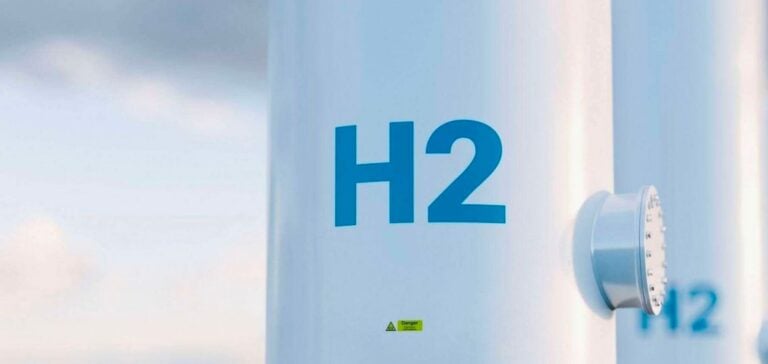Renewable hydrogen will remain scarce in the short term and its supply uncertain in the longer term without a decisive policy push. At least that is the opinion of a report by researchers from the Potsdam Institute for Climate Impact Research.
Achieving global and European goals
Enthusiasm for renewable hydrogen, produced from renewable energy, has increased in recent years. This is because of the many advantages it offers over other methods of making clean-burning fuel.
If adopted by EU member states, it could pave the way for the replacement of millions of tons of grey hydrogen, made from natural gas. Its adoption contributes to the EU’s goal of net zero emissions by 2050.
Nevertheless, at the current rate of production growth, renewable hydrogen will likely supply less than 1% of the world’s total energy by 2035. The EU could, if given the means, reach the 1% mark by about 2030, according to the report’s researchers.
According to the report, the global renewable hydrogen capacity of 600 MW in 2021 needs to increase by 6,000 to 8,000 times by 2050 to reach significant scale. Only then will it be able to contribute to climate scenarios compatible with the Paris Agreement.
In addition, the researchers state:
“The EU’s 2030 plan to supply 10 million tons of renewable hydrogen will be out of reach. Unless, that is, policymakers can foster unprecedented growth for energy technologies.”
Critics of renewable hydrogen
Critics say that hydrogen is used to prolong the use of fossil fuels when the goal should be to get rid of them altogether. Moreover, the production of renewable hydrogen requires large amounts of energy.
The report states that promoting hydrogen should not be an excuse to delay the deployment of other readily available clean energy options. The report cites technologies such as electric mobility or heat pumps.
Researchers say:
“We need to scale up all the critical zero-carbon technologies with every effort.”
Gas prices, an opportunity for renewable hydrogen?
European gas prices have reached record levels this year due to a sharp decline in Russian exports. This has made renewable energy, with its low marginal costs once deployed, operations and production fluctuations factored in, increasingly attractive.






















